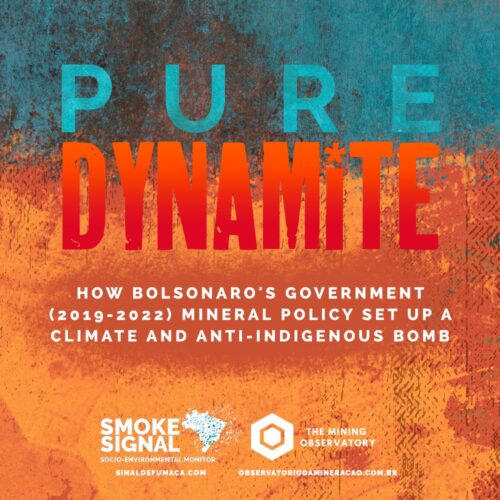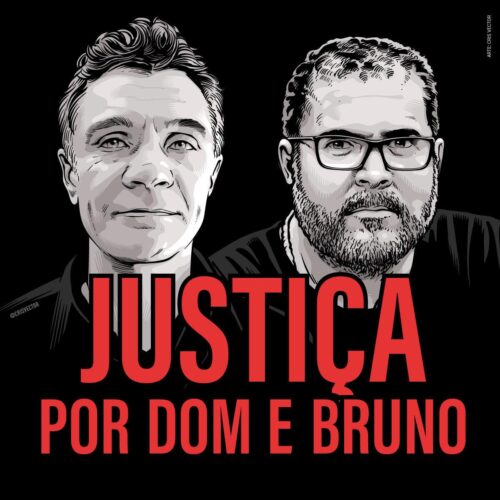With a little over a month to the 2022 presidential elections in Brazil, the monitoring initiative Smoke Signal launches “The Amazon and the Future of Brazil: a guide – An examination of the region’s nine states between 2018 and 2022”, an independent production started from a survey of the main events of the socioenvironmental agenda in the four years of Bolsonaro’s administration in all states that make up the region known as “Legal Amazon” in Brazil.
The material was written based on an active listening process carried out between May and July 2022 with the collection of 19 testimonials from people working in the territories covered by the guide. Communicators, researchers, indigenous and community leaders, and activists were heard. The interviews directed the research and, combined with the best available data, resulted in a qualified and thorough report on the region that occupies almost 60% of the national territory.
The Guide presents an overview of what the Brazilian Legal Amazon is, contextualizing the reader with geographic and socioenvironmental information and the main political and economic drivers of forest destruction and violence. It brings a selection of data produced by relevant scientific institutes and civil society organizations from the region, and a survey of emblematic cases, violent deaths and indicators of the growing threats faced by native peoples in these areas.
The publication also details the movements of the National Congress in this scenario of dispute over land and environmental resources, highlighting four bills in progress in the federal houses and the behavior of state governments and their parliamentary caucuses regarding the so-called Destruction Package, a series of legislative proposals that profoundly change the use and management of land in the country. Moreover, the guide organizes timelines with the main events monitored by Smoke Signal over the past four years, mapping the main fake news and disinformation campaigns related to weakening environmental protections promoted in each of the states. Finally, it highlights critical areas and high-impact projects for the populations and biodiversity that will likely continue to be the subject of political bargaining after the elections.




















